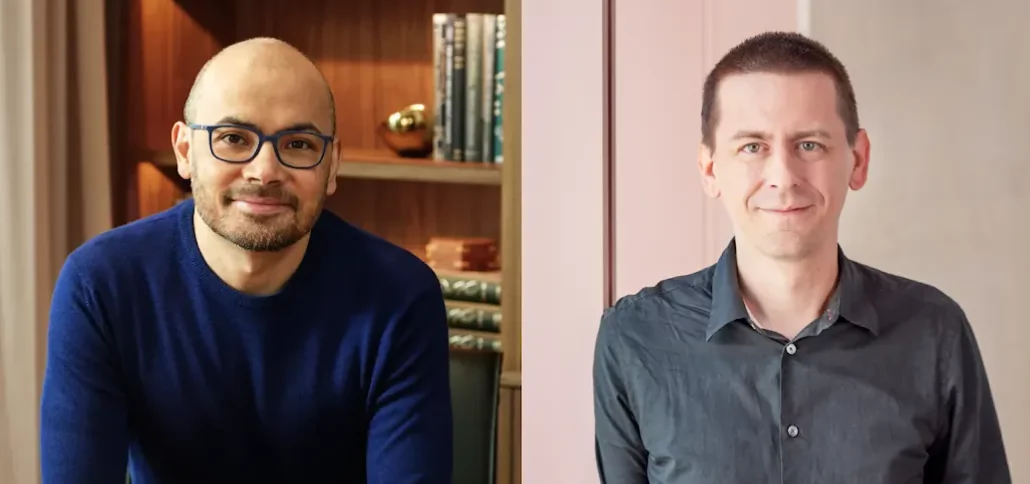A few days ago, Ian Hogarth wrote an article for the Financial Times in which he highlights the critical issues in the European tech industry. The article is entitled ‘Can Europe build its first trillion-dollar startup?‘ and tells why the old continent has not yet managed to generate a big tech. The author emphasises that more is needed to the role of European entrepreneurs who went to the US to succeed, and who, having reaped the rewards, become investors with the experience of enterprise. Hogarth, who is himself an investor and now heads the UK’s Artificial Intelligence Strategy (we had already picked up on an earlier article of his here), tells the story of DeepMind to flesh out his thesis, a British start-up originally created to develop video games, but actually the first start-up capable of making a difference in artificial intelligence. In order to grow, it chose to accept the acquisition proposal made by Google, which incorporated it and made it its own division, which is now called Google DeepMind and is engaged in the development of the Californian giant’s AI known as Gemini.
The man who was the co-founder and CEO of DeepMind and who is now CEO of Google DeepMind is called Sir Demis Hassabis. Born in London to a Cypriot father and a Singaporean mother, he was awarded the Nobel Prize in Chemistry last October. This is perhaps the first case of a startup founder, who started out in his teens developing video games, receiving the prestigious award. Admittedly DeepMind has not become a unicorn or an independent European trillion-company even though it could have been if it had found more fertile ground in Europe where it all began, but it is also certain that the Nobel Prize to Hassabis is unique news and therefore, in its own way, a somewhat special unicorn.
Sir Demis Hassabis, received the prize together with John Jumper who is the director of Google DeepMind, (both pictured here from Google DeepMind) but why did these two experts in technology, artificial intelligence and entrepreneurship win the Nobel Prize in Chemistry? Because they created AlphaFold, an innovative artificial intelligence-based system that predicts the 3D structure of proteins from their amino acid sequences.
“Before AlphaFold, predicting the structure of a protein was a complex and time-consuming process. AlphaFold’s predictions, made freely available through the AlphaFold Protein Structure Database, provided more than 2 million scientists and researchers in 190 countries with a powerful tool for making new discoveries. The AlphaFold 2 paper, published in 2021, remains one of the most cited publications of all time. AlphaFold’s contributions to science have been widely praised and its awards include the Albert Lasker Basic Medical Research Award in 2023, the Breakthrough Prize in Life Sciences in 2023, the Canada Gairdner International Award in 2023, the Clarivate Citation Laureate Award in 2024 and the Keio Medical Science Prize Award in 2024. Artificial intelligence has long shown incredible potential for use in scientific research, and AlphaFold was the proof of concept. As more and more scientists adopt AI, from creating data to simulating experiments, designing drugs, modelling complexity, discovering new solutions to existing problems and exploiting existing knowledge, we will continue to see fundamental scientific breakthroughs in the years to come.” explains Google DeepMind in a note which also quotes Hasabis’ own words: ‘Receiving the Nobel Prize is the honour of a lifetime. Thank you to the Royal Swedish Academy of Sciences, John Jumper and the AlphaFold team, all the teams at DeepMind and Google, and all my colleagues past and present who made this moment possible. I have dedicated my career to the advancement of AI for its unparalleled potential to improve the lives of billions of people. AlphaFold has already been used by more than two million researchers to advance crucial work, from enzyme design to drug discovery. I hope that we will look back on AlphaFold as the first proof of the incredible potential of AI in accelerating scientific discovery’.
And John Jumper’s: ‘Thank you to the Royal Swedish Academy of Sciences for this extraordinary honour. We are honoured to have been awarded for fulfilling the long promise of computational biology to help us understand the world of proteins and inform the incredible work of experimental biologists. It is a fundamental demonstration that artificial intelligence will make science faster and ultimately help understand disease and develop therapies. This is the work of an outstanding team at Google DeepMind and this award recognises their extraordinary work. Computational biology has long held promise for creating practical insights that can be used in real-world experiments. AlphaFold has delivered on this promise. Ahead of us lies a universe of new scientific insights and discoveries made possible by the use of AI as a scientific tool. I thank my colleagues for making this moment of recognition and the many moments of discovery ahead possible.
The 2024 Nobel Prize in Chemistry also has a third winner, namely David Baker of the University of Washington in Seattle and the Howard Hughes Medical Institute who was awarded for his work on the computational design of proteins.
ALL RIGHTS RESERVED ©
